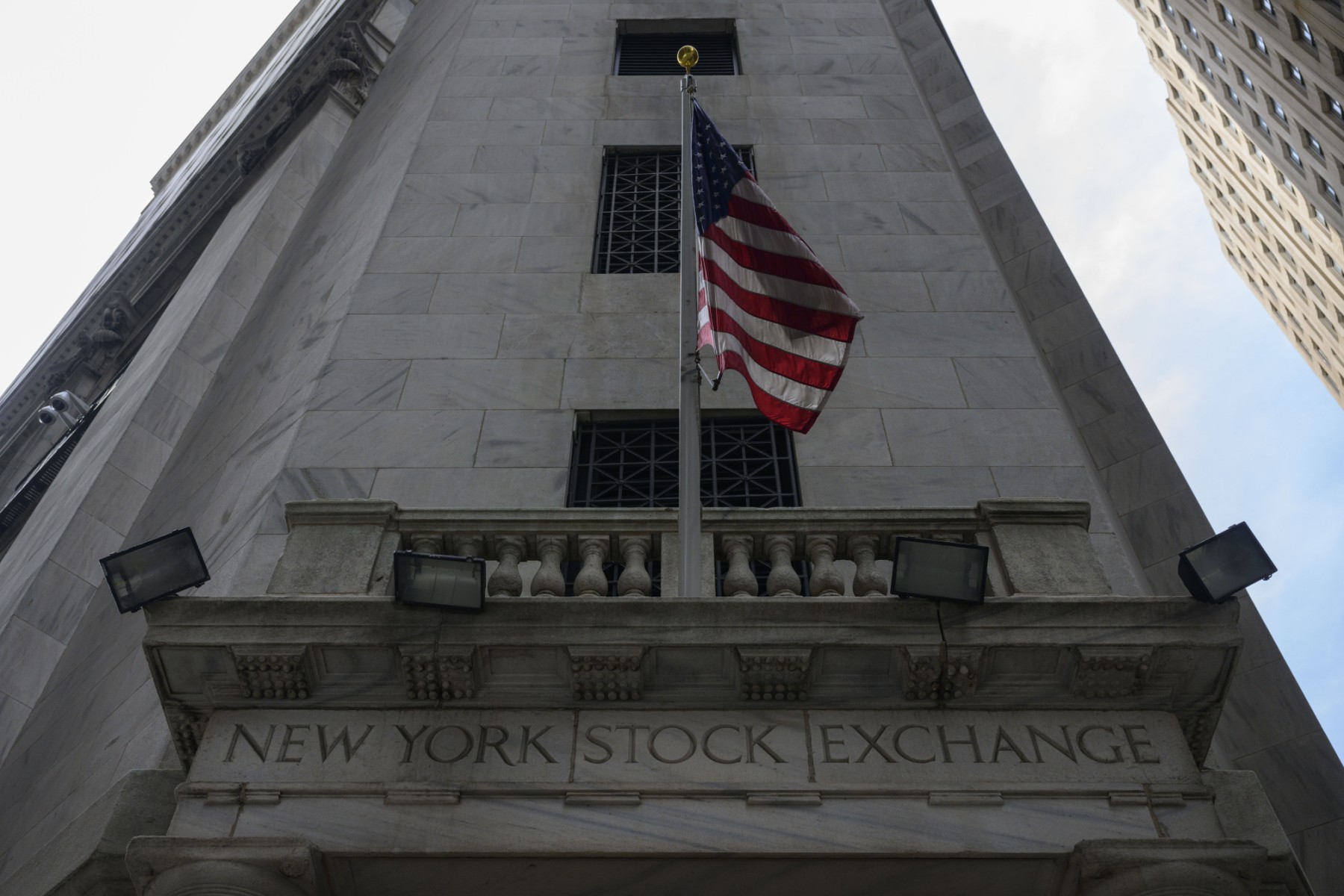London, United Kingdom – Asian and European stocks slid Wednesday on fears that hardline Republicans could vote down a crucial bill to hike the US borrowing limit, risking a catastrophic default that could hammer an already fragile global economy.
Further signs that China’s faltering post-pandemic recovery compounded the downbeat mood, as did worries that the US Federal Reserve is likely to increase interest rates again next month as inflation remains elevated.
Expectations of higher borrowing costs boosted the dollar, seen also as a haven investment in times of economic turmoil.
Oil prices sank for a second day running on weaker demand concerns in leading energy consumers China and the United States.
“With some hardliners in the Republican party coming out against the agreement (in a vote due Wednesday), its passage through Congress could be bumpy,” warned AJ Bell investment director Russ Mould.
“Weak Chinese data also contributed to a subdued market mood with Asian stocks a little sickly.”
The buoyant mood that started the week, after US President Joe Biden and House Speaker Kevin McCarthy finalized a debt deal, was giving way to a fear that the far-right Freedom Caucus could torpedo it.
Members on both sides of the political spectrum have raised concerns about the agreement, with Republicans saying it does not have enough spending cuts and the left wing of the Democratic Party unhappy that Biden agreed to any limits at all.
The Treasury has warned that if the borrowing ceiling is not lifted by June 5, the government will run out of cash to service its debt obligations.
While McCarthy has described the deal as “transformational” and expressed confidence the bill will pass, leading Freedom Caucus member Chip Roy called it a “turd sandwich”.
He later warned McCarthy would face a “reckoning”. That came as another Republican representative, Dan Bishop, called party members to vote McCarthy out as speaker.
Sentiment was given an extra jolt after data showed China’s manufacturing activity contracted even further last month as leaders struggled to kickstart the world’s number-two economy.
The country’s growth has stalled this year, despite expectations for a surge after strict Covid rules were lifted at the end of last year.








